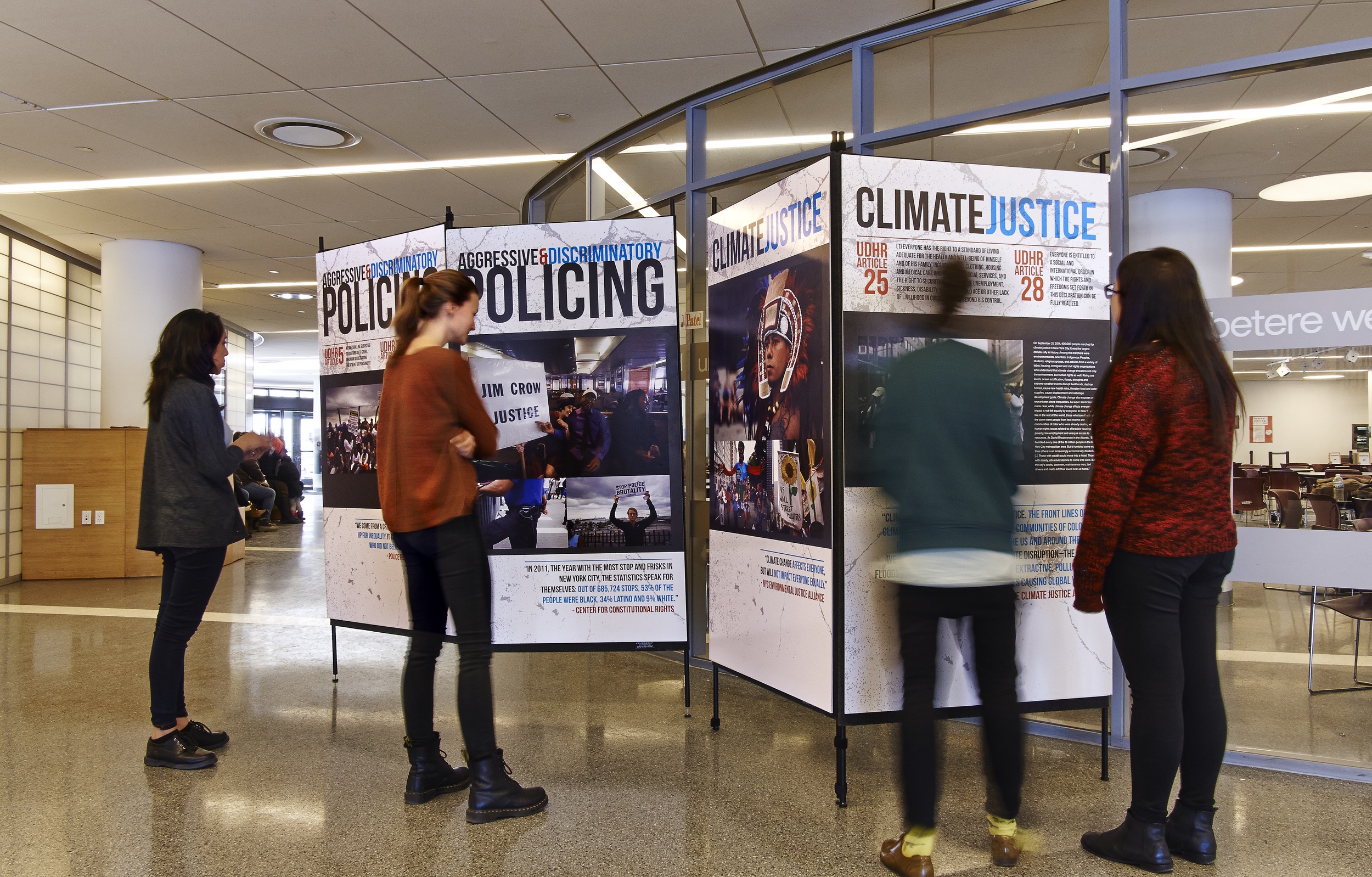One of the issues that PROOF: Media for Social Justice strives to address is the privilege of storytelling, by considering which stories get told, and by whom. Cultural conversations are usually led by an already privileged segment of society. PROOF’s Picture Justice program seeks to place storytelling and leadership tools in the hands of a new generation, to show them how to focus their lenses on the issues of today, and to tell untold stories of social justice in American neighborhoods.
In 2014, PROOF piloted an innovative new program in partnership with the United Nations International School. A group of twelve high school students spent a two-week program learning how to combine photography, social justice, and technology. They addressed topics such as racial profiling and police brutality against people of color; hate crimes motivated by sexual orientation; and exploitation of immigrants.
Due to the pilot’s success, PROOF has decided to expand and build upon the program for Summer 2015. Through participation in Picture Justice, a new group of students will gain skills and inspiration that they can carry into their future academic and professional careers, and learn that they, too, can be storytellers in their communities and in the nation.
The revised program will incorporate youth from private and public schools, with the intent of providing more opportunities to students from diverse backgrounds. These students will learn from photographers Chris Bartlett and Michael Kirby Smith, and Human Rights Educator Abby MacPhail and PROOF Program Manager Debra Driscoll. This year, the program will focus on the topic of mass incarceration and its impact on young people.
According to Debra Driscoll, Picture Justice’s Program Manager, the concept behind Picture Justice is to “Embrace the current generation of young people who are media active….and connecting that generational skill set… [to develop] their human rights and social justice muscle, so that as they grow and begin to understand the world, they can have the resources and the skill set to respond to what they see happening in their city.”
PROOF intends to help more students gain access to the program, by creating after school groups during the fall and spring. With additional funding, more students will gain the tools to share their voices and to join the national conversation.

